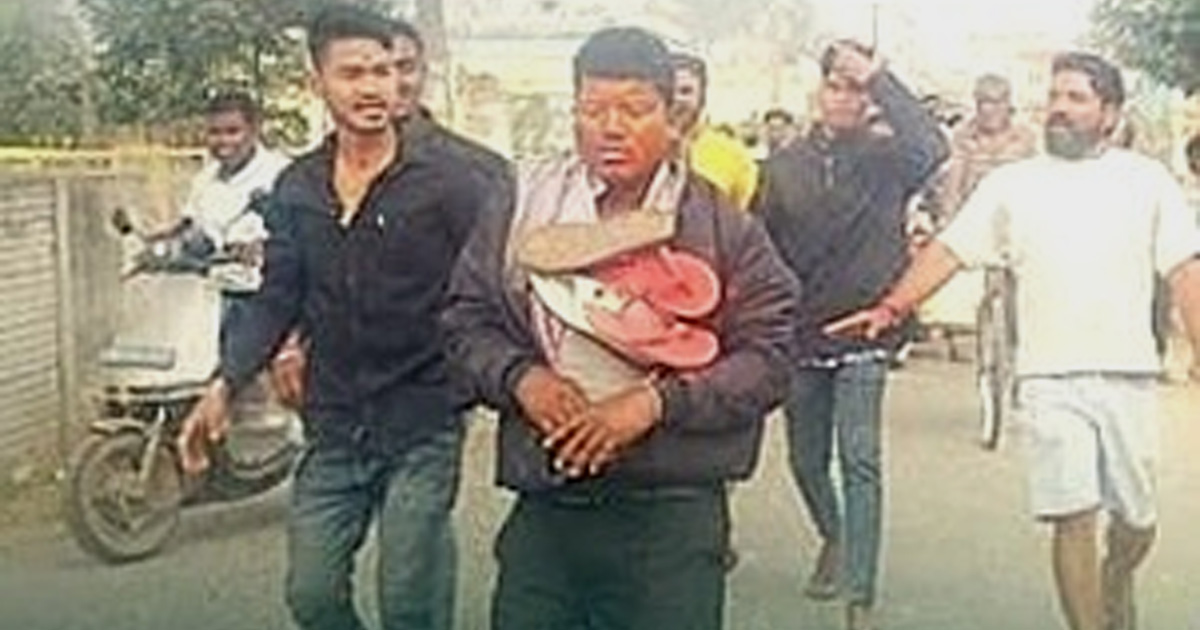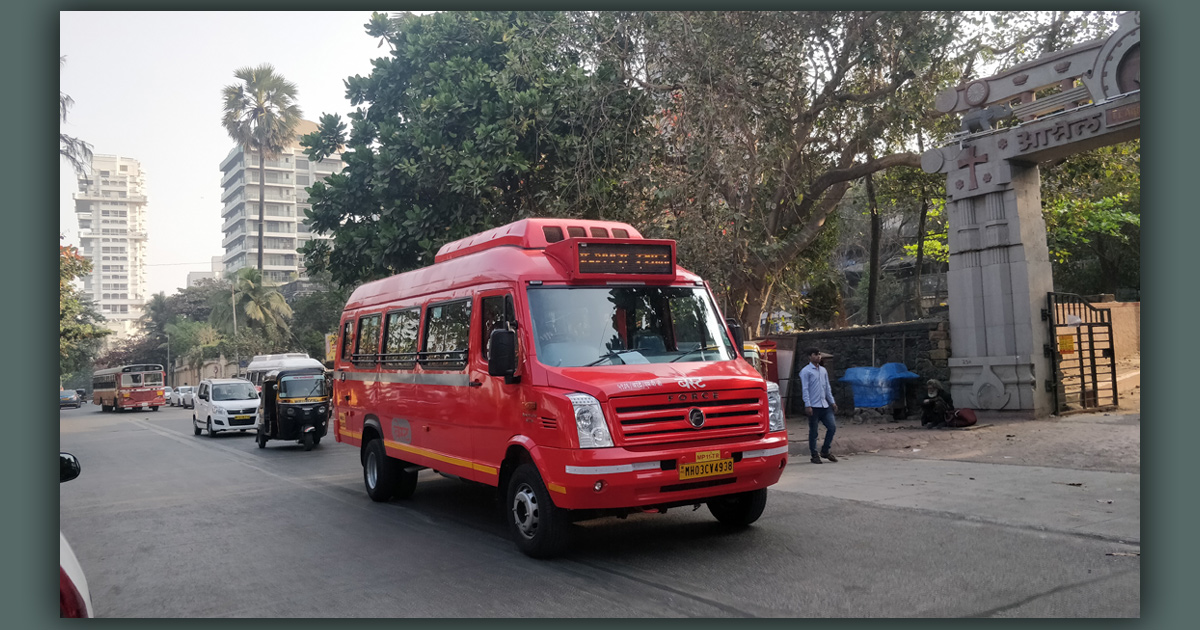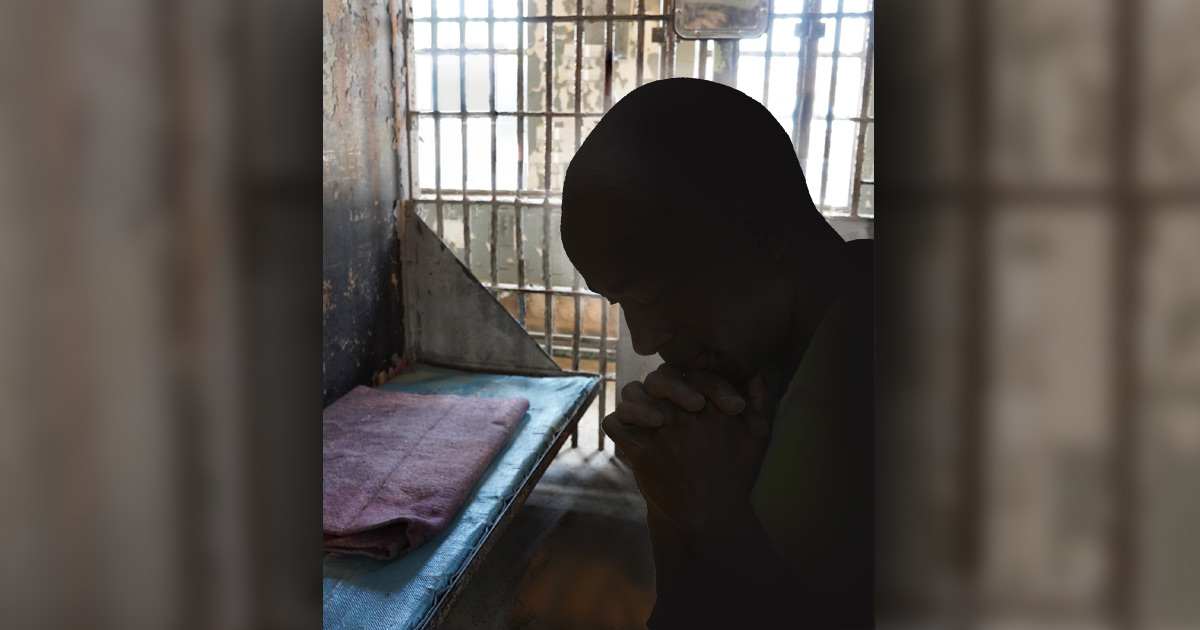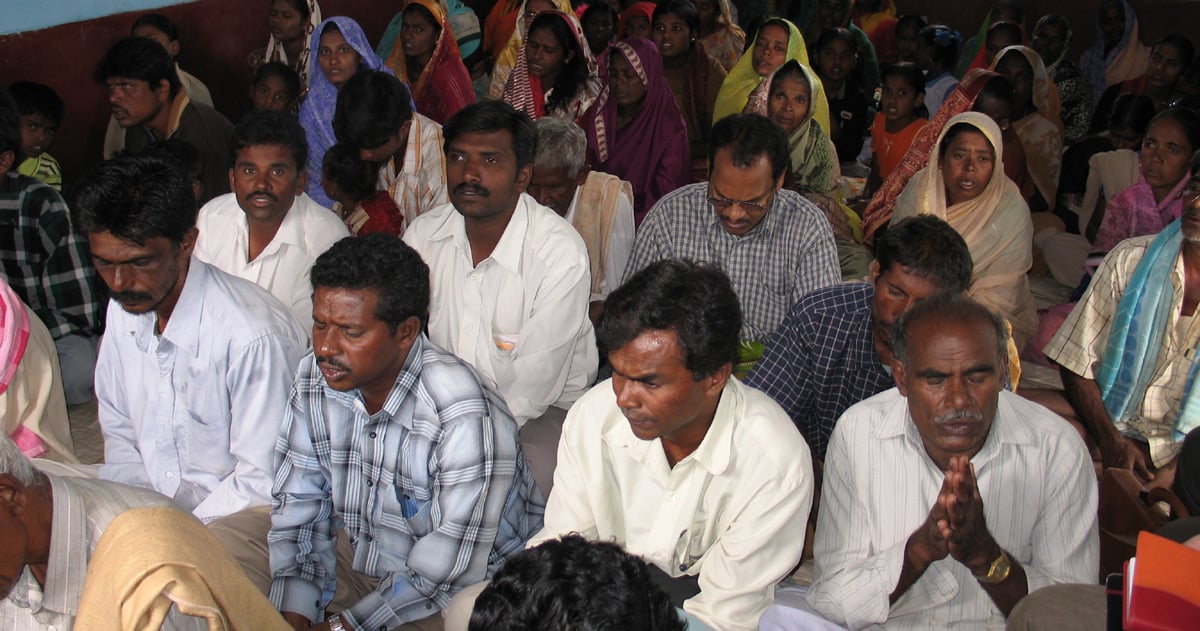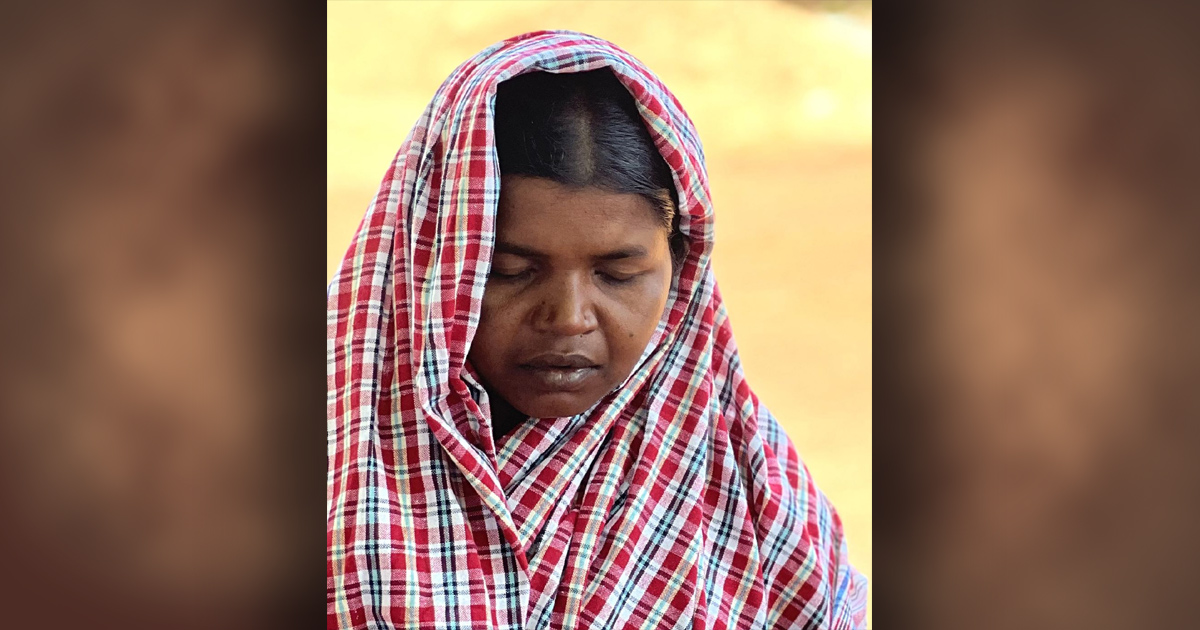
Photo: Morning Star News
On May 4th, 22-year-old Kosa Kawasi was killed during a violent mob attack while at his home in the village of Kapanar, Chhattisgarh state. The mob, believed to have been led by the young man's uncle and cousin, was angered that Kosa and his wife Jime had converted to Christianity. As a result, the opposing villagers had unsuccessfully tried to force the Christian couple from their home. Following this incident, the angry community members physically confronted the believer – ultimately inflicting a lethal stab wound.
The authorities have since arrested the instigators and ruled that the young man's death was the result of a property dispute. Witnesses, however, state that Kosa's uncle was motivated by religious hatred. Jime was also wounded in the attack but escaped to a local hospital where she was treated for her injuries.
In the aftermath of her husband's death, Jime remains fearful of further violence. She has taken refuge far from the murder site, and five other Christian families have also fled the region due to the incident. Despite her fear, the young Christian widow proclaimed: "It was for this Jesus that my husband was willing to be faithful to the point of death. I too will follow in his footsteps. Please pray for me; I need your prayers."
Violence against those who convert from Hinduism to Christianity is common throughout areas of India, particularly in states where anti-conversion legislation has been instituted. For more reports addressing the sufferings of our persecuted Christian brothers and sisters in this South Asian country, go to our country report.
Remember Jime in your prayers as she mourns the tragic loss of her husband, while also dealing with the trauma of the attack and fear of further violence. May the Lord provide wisdom, guidance and protection to her and the other Christians who have been forced to flee the area. May each of these believers be comforted by the truth that God will always be with them, and that no one can ever separate them from His wonderful love and abiding presence. As India concludes their national elections this week, pray that the results will bring about necessary changes in areas of human rights so that followers of Jesus throughout the nation will be protected from injustice and abuse.

 Population
Population